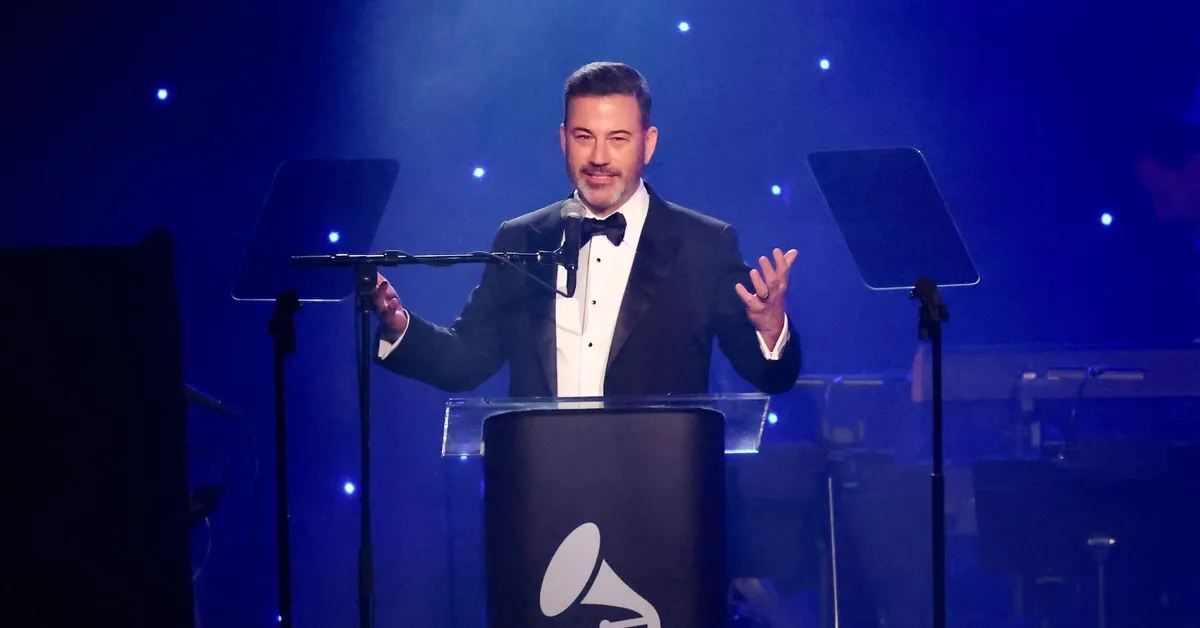
On September 18, 2023, Democratic lawmakers and members of the entertainment industry rallied against what they labeled an egregious attack on free speech led by U.S. President Donald Trump. This outcry followed the suspension of talk-show host Jimmy Kimmel from the airwaves, triggered by his remarks regarding the murder of right-wing activist Charlie Kirk.
During his late-night show on September 11, Kimmel expressed concern that Kirk's associates were exploiting his tragic assassination for political gain. Kirk, who was only 31, was fatally shot while debating at a university in Utah on September 10. The fallout from Kimmel's comments has ignited widespread backlash, particularly from the Republican Party and its supporters.
Leaders of the Democratic minority in the U.S. House of Representatives condemned the actions of Trump and his party, asserting that they were undermining the First Amendment rights guaranteed by the U.S. Constitution. In a joint statement, they accused television networks of cowardice and criticized Brendan Carr, the chairman of the Federal Communications Commission (FCC), for abusing his power. They claimed he had compromised his office by pressuring ABC, Kimmel's employer, to conform to the demands of the Trump administration.
In a powerful statement, the Writers Guild of America West and Writers Guild of America East denounced the decision to suspend Kimmel’s show as a blatant violation of free speech rights. They emphasized the importance of the principle of free expression, stating, "What we have signed on to – painful as it may be at times – is the freeing agreement to disagree." The unions expressed their dismay at government officials who forget the foundational truth of free speech, highlighting that silencing voices ultimately impoverishes society.
The controversy surrounding Kirk's murder has stirred a mix of grief and outrage among fans and political supporters alike. A 22-year-old suspect has been charged with his murder, but the exact motive remains unclear. The incident has led to intensified scrutiny and backlash against those who criticized Kirk or made light of his death. The SAG-AFTRA union, representing actors, also condemned ABC’s decision to halt Kimmel's show, labeling it an act of suppression that jeopardizes the freedoms of all individuals.
President Trump has consistently targeted media outlets that publish content he deems unfavorable. He has threatened to revoke broadcasting licenses and has even filed a $15 billion defamation lawsuit against the New York Times. On the same day Kimmel was suspended, Carr urged local broadcasters to reconsider airing the show, suggesting the potential for investigations and fines for those who do not comply.
Following the announcement regarding Kimmel’s suspension, shares of Disney, the parent company of ABC, saw a decline of nearly 1%, though investors appeared to believe that the incident would not significantly impact the company’s financial outlook. Carr praised Nexstar, suggesting that broadcasters should resist programming from Disney that does not align with community values, further illustrating the tension between media freedom and regulatory pressures.
The controversy surrounding Jimmy Kimmel's suspension serves as a significant flashpoint in the ongoing discourse surrounding free speech in America. As political figures and entertainment professionals rally against perceived censorship, the implications of this incident resonate far beyond the late-night talk show format, raising crucial questions about the future of media independence and the role of government in regulating speech.